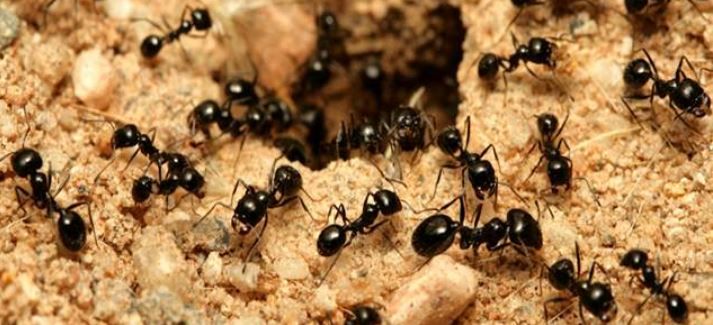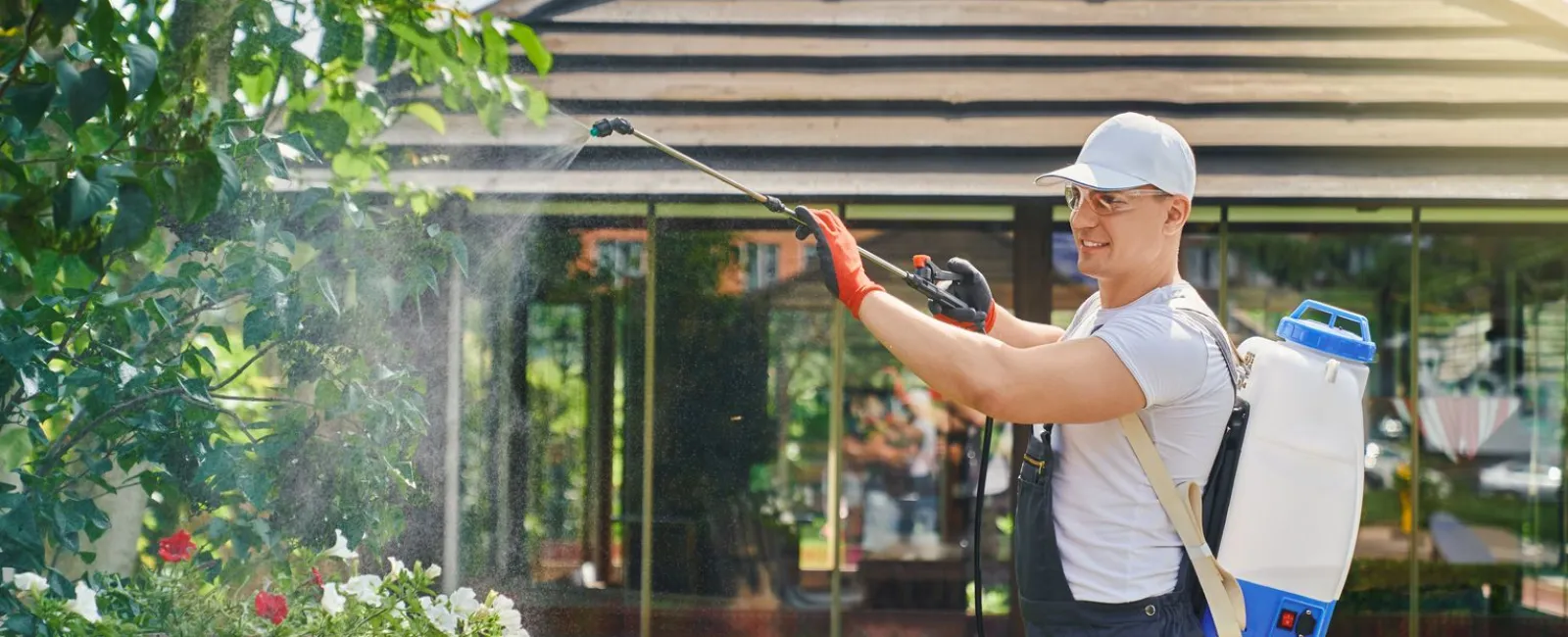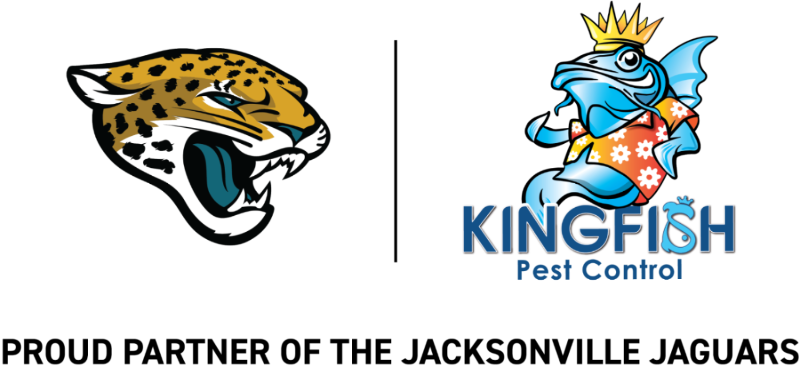
A variety of Florida insects wake up in spring and early summer months, ready to wreak havoc. Whether they bite, sting, chew, infest your home or consume your home's structure, these bugs are bad news. Here are some of the most common culprits and what to expect from them.
Termites
The Jacksonville area is particularly at risk for termite issues, especially when the weather turns warmer and termites begin to seek expansion of their colonies (eastern subterranean and drywood termites are often the worst). If your home has any exposed wood, keep an eye out for signs of termite damage and, "swarmers" with wings, which are seeking to create a new colony. Swarming termites are often misidentified as "flying ants" by homeowners in most cases. This is why regular termite inspections are so important to help locate and stop termite nests before too much damage is done.
Palmetto Bugs
Palmetto bug is a generic term many Southern residents use to describe a large roach, usually the American cockroach, but it actually refers to the even bigger Florida woods cockroach, which enjoys the cover of palmetto trees. Both varieties invade homes and look for moist conditions and food, but the Florida woods cockroach doesn't thrive in human environments as its relations do, so infestations are more rare. This roach has a secret weapon in its arsenal: adults can spray a noxious chemical up 10 feet. Younger woods cockroaches carry a liquid version with a nasty smell; hence the nickname Florida stink roach if you threaten or step on one.
Chinch Bugs
Chinch bugs don't trouble your house, but they are bad news for lawns, where they can create patches of dead and dying grass with their feeding habits (especially in St. Augustine grasses). Lawn care and inspections can help prevent chinch bug problems, so keep an eye on your lawn and act quickly if your spring growth starts dying out inexplicably.
Florida Carpenter Ant
The Florida carpenter ant, which unlike most carpenter ants is mostly red in color, tends to hang out in more residential areas. They also don't actively eat healthy wood, but they do feast on softer materials and are often attracted to junk, trash and wood damaged by termites. They can bite, and are often found indoors, leading to frequent complaints. The key is tracking these Florida bugs down to their nest so it can be dealt with.
Asian Tiger Mosquito
Mosquitoes are always a problem in spring and summer, and few Florida bugs are as annoying as the Asian tiger. While they generally wait until mid- or late-spring to show up, it's important to try and control such mosquitoes even before you notice them showing up. Be sure not to leave areas of standing water around your home and encourage your neighbors to do the same. The Asian tiger can fly up to 2 miles in a day for a blood meal. Adequate coverage around your home is essential to controlling these populations.
Stinging Insects
Spring is also the time of year for wasps, yellow jackets and bees to stop hibernating and start becoming active again. This can be very troublesome for homeowners who are surprised by nests that they didn't even know existed around their home. While small nests may be tackled with care, equipment and DIY pesticides, larger nests and ground nests require a professional touch to be safely dealt with.
Fleas and Ticks
Flea and Tick populations begin to explode as temperatures in the area start to rise in spring and summer months. The rapid reproduction of Fleas and Ticks can get out of control quickly at this time of year. These insects thrive in many climates but prefer areas of your yard that remain moist, humid and shady. Fleas and Ticks feed off of wildlife, humans, and our family pets so it's extremely important to control populations in and around your home during this time.
Spiders
Spiders are arachnids, not insects. Most spiders pose little or no danger to humans, however some can be extremely dangerous so the control of all spiders is equally as important. Spiders often seek the solitude of your home or yard in areas that provide moisture, warmth, protection and a food source. Eliminating these conducive conditions, along with professional assistance is often the best solution for eradicating a spider population in and around your home.




